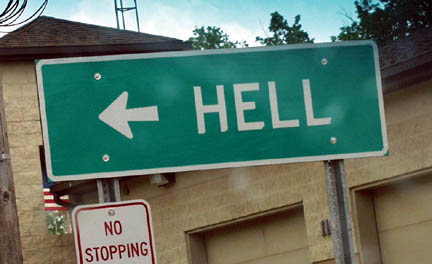@venyanamore has brought to my attention a lecture due to be held on Monday at the Great Britain – Russian Society in central London. He correctly assumed that I would find it of interest. I certainly aim to attend. I enclose details below in case readers are also interested:
Monday, 30 January 2012 at Pushkin House, Bloomsbury Way, London WC1A 2TA, at 6.30 for 7 pm.
‘See no evil? Labour and The Gulag 1929-31’
Giles Udy
Stalin’s mass deportation of millions of peasant farmers and religious believers in the early 1930s, the death of hundreds of thousands of them in labour camps and of millions more in the consequent famine is considered one of the greatest crimes against humanity of the 20th century.
Less well-known is the fact that, under the Labour Government of 1929-31, Britain was importing over £300m a year of gulag-cut timber – imports which were allowed to continue unhindered in spite of widespread protests against these and Soviet religious persecution by Conservative politicians and churchmen of all denominations.
In public, Labour dismissed the protests as a cynical stunt intended to bring the down the government. Eye-witness accounts were dismissed and Soviet denials repeated as fact. In private, the Cabinet acknowledged the truth of the stories but blocked appeals for an enquiry and declared that the persecution was an internal matter for the Soviets and no concern of Britain’s.
Giles Udy’s lecture will follow events as the evidence mounted and protests by the British public spread and became worldwide. It will also reveal how the government knew all about what was happening in Russia but refused to accept the stories or condemn the Soviets because of their enthusiasm for Soviet Communism and solidarity with their fellow Socialists in Russia. ‘The Soviets are engaged in a vast and very remarkable economic experiment,’ declared one Labour minister in parliament, ‘and are entitled to pursue that experiment without outside interference.’
This story has not been told before and the lecture will present a summary of the research from Foreign Office and other archives which Giles has gathered for his new book on the subject. While based on events in 1929-31 it will also cover Labour-Soviet relations in the years before and after that.
Giles Udy is an independent academic and a member of the Council of Keston Institute. His long-term work is on the history of the gulag camps of Norilsk, the northernmost city in the world, three hundred miles above the Arctic Circle in Siberia.
Giles Udy has also put on his website a series of Pro-Soviet quotes by Labour figures. The example, by Sir Stafford Cripps, can be traced back to Hansard for April 5, 1933:
If the Russian system is a system of justice, as I accept, and if they have a crime the penalty of which is death, then the person who is guilty of that crime must be put to death.
This statement can be compared to Stalin’s instructions to Molotov: “Arrest anyone; don’t be lazy.” People were simply put to death or sent to the Gulag for a spurious reason or simply to fill a quota. Paul Gregory explains that in tribunals between 1930 and 1933, the OGPU (the forerunner of the KGB), the following Dekulakization targets were fulfilled:
Executions: 35,736
Camps: 287,210
Deported: 331,329
Resettled: 93,000
Total: 847,275
Source: Paul R. Gregory, Terror by Quota: State Security from Lenin to Stalin (An Archival Study) (Yale University Press, 2009), pp.178-179.
So much for the system of justice. Such apologia did not prevent Sir Stafford Cripps going on to become the Chancellor of Exchequer.
I trust that Giles Udy will be explaining this and much more in his lecture.
